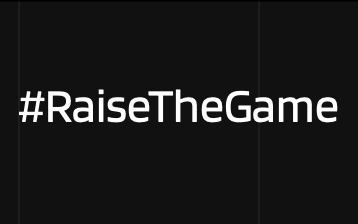Specific considerations







Key organisations & resources
 Visit website on #RaiseTheGame
Visit website on #RaiseTheGame #RaiseTheGame
RaiseTheGame is a collaborative and high-impact pledge to improve equality, diversity and inclusion in the games industry.
 Visit website on BAME in Games
Visit website on BAME in Games BAME in Games
BAME in Games is a grass-roots, advocacy group, dedicated to improving ethnic diversity and encouraging minorities to work within games
 Visit website on Black Girl Gamers
Visit website on Black Girl Gamers Black Girl Gamers
An award winning community-powered organisation that advocates for diversity, inclusion and equity in the games industry.
 Visit website on Diversily
Visit website on Diversily Diversily
Diversily helps innovative organisations to embed diversity and inclusion into their core, to drive up performance and impact.
 Visit website on Limit Break
Visit website on Limit Break Limit Break
Limit Break is a mentorship programme aimed at underrepresented people working in the UK games industry.
 Visit website on Muslamic Makers
Visit website on Muslamic Makers Muslamic Makers
A community of Muslim Changemakers helping Muslims level up across the tech industry and beyond.
 Visit website on Ukie
Visit website on Ukie Ukie
The trade body for the UK games and interactive entertainment industry.
Calendar events

Asalha Puja (Sharma Day)
Asalha Puja is a Theravada Buddhist festival that commemorates the Buddha’s first sermon and the inception of the Buddhist sangha (monastic community), observed with meditation, chanting, and religious ceremonies.
Learn more about Asalha Puja (Sharma Day)
South Asian Heritage Month
South Asian Heritage Month celebrates the culture, history, and achievements of South Asian communities, aiming to promote understanding and appreciation of their diverse contributions to society.
Learn more about South Asian Heritage Month
Fast of Tisha B’av
Tisha B’Av is a solemn Jewish fast day commemorating the destruction of both the First and Second Temples in Jerusalem, as well as other tragedies in Jewish history, observed with fasting, prayer, and the reading of the Book of Lamentations.
Learn more about Fast of Tisha B’av

